*Last updated: March 2020
Mining is an absolutely massive part of Australia’s past, present and future. It’s instrumental in shaping our country’s economy and plays a key role in our global positioning. Currently, Australia is one of the world’s leading producers and exporters of resources with gold, uranium, copper and coal being some of its more familiar commodities.
Silver mining in Australia
The land down under is also a big player in the production of silver - it was the world’s seventh-largest producer of the metal in 2017, churning out an impressive 1,200 million tonnes. Check out this heatmap of Australia’s largest silver deposits!
Image source: ga.gov.au
List of Australia’s Silver Mines
New South Wales Silver Mines
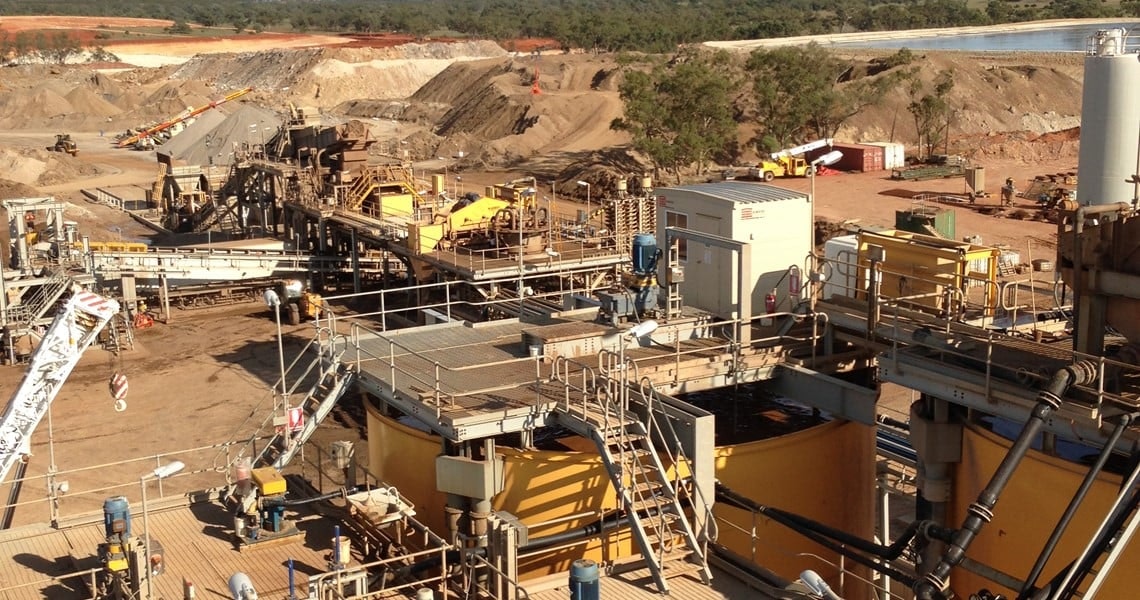 Picture: NSW's Wonawinta Mine
Picture: NSW's Wonawinta Mine - Sunny Corner
- Broken Hill ore deposit
- Wonawinta mine
Queensland Silver Mines
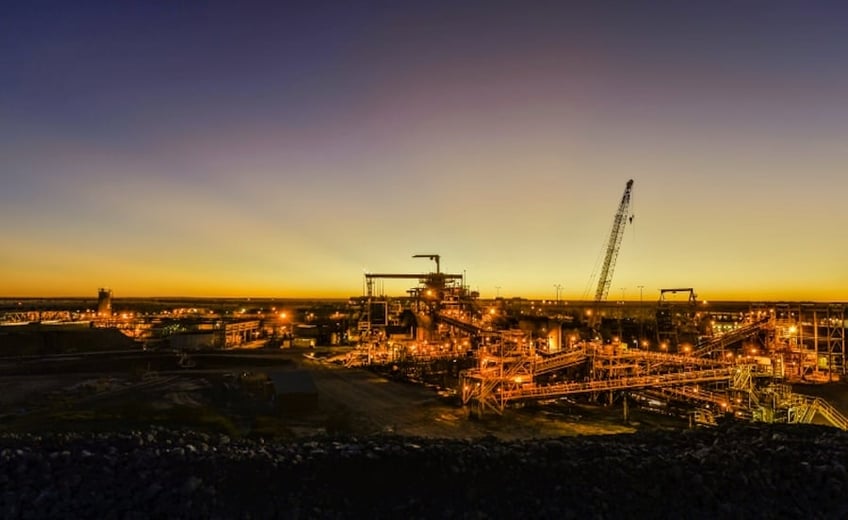 Picture: QLD's Cannington Mine
Picture: QLD's Cannington Mine - Cannington mine
- George Fisher mine
- Hilton mine
- Mount Isa mine
- Mount Morgan mine
South Australia Silver Mines
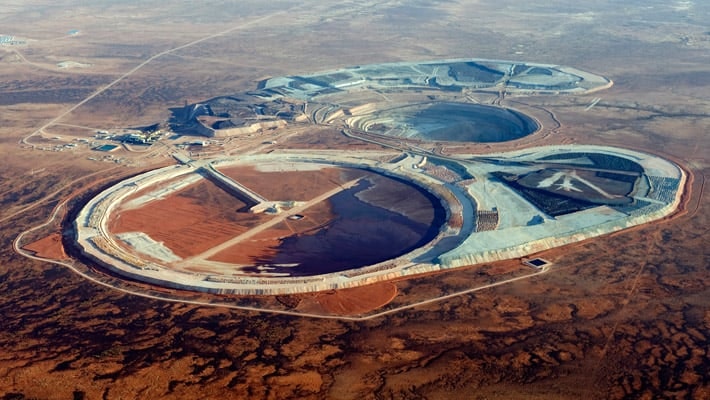 Picture: SA's Prominent Hill Mine
Picture: SA's Prominent Hill Mine - Prominent Hill mine
- Wheal Watkins mine
Northern Territory Silver Mines
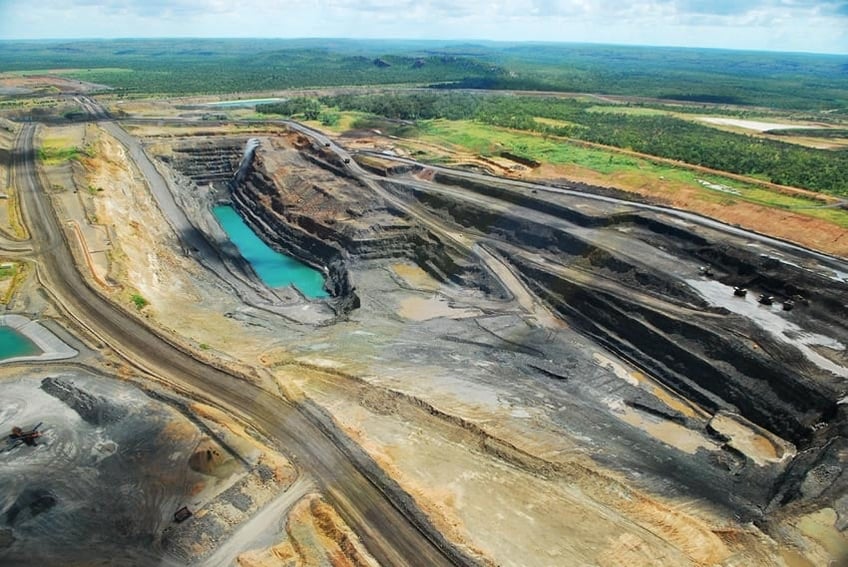 Picture: NT's McArthur Mine
Picture: NT's McArthur Mine - McArthur River zinc mine
Western Australia Silver Mines
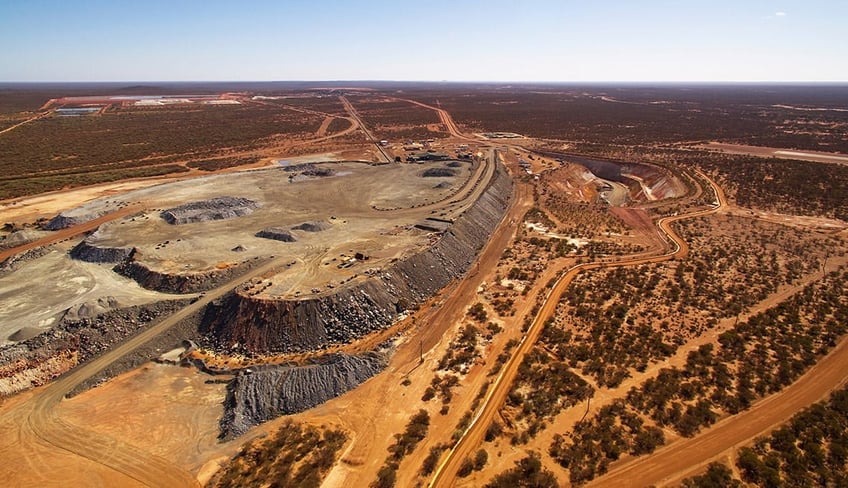 Picture: WA's Golden Grove Mine
Picture: WA's Golden Grove Mine - Golden Grove mine
Frequently Asked Questions About Silver
What is silver?
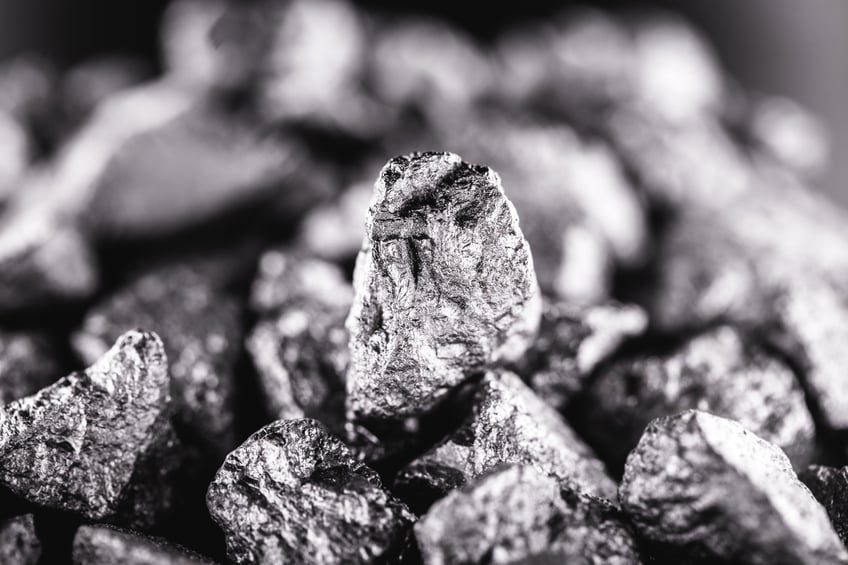
Silver is a white, soft, lustrous transition metal that exhibits the highest thermal conductivity, electrical conductivity and reflectivity of any metal. The highly sought-after chemical element’s periodic symbol is ‘Ag’, deriving from the Proto-Indo-European h₂erǵ: "shiny" or "white".
Which country produces the most silver?
Mexico is currently leading the pack in terms of global silver production, closely followed by Peru and China. Mexico is responsible for more than 5,600 tonnes of silver annually, accounting for around one-seventh of the global silver output (38,223 tonnes). Australia is currently the eighth-most prolific country in terms of silver production, with an average of 1,200 tonnes per year.
Where is silver found?
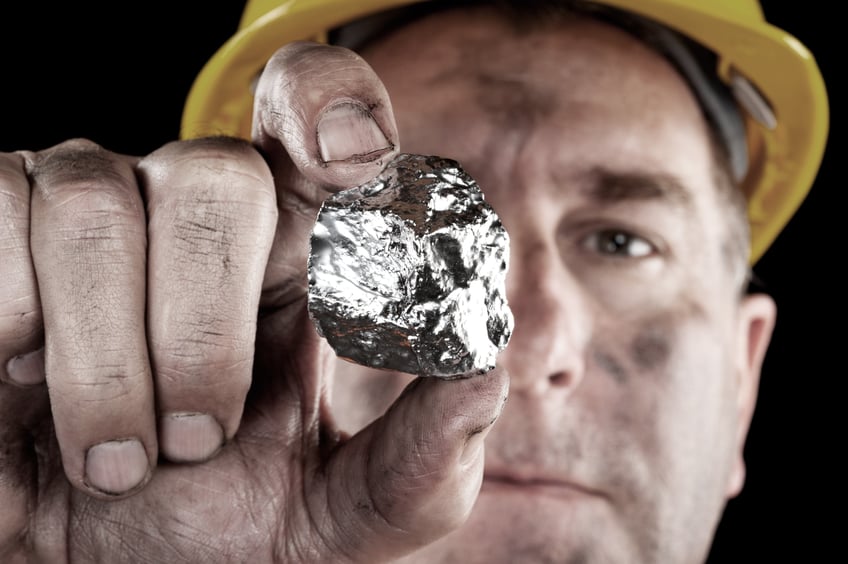
Silver is a relatively rare element found inside of the Earth’s crust. Silver can be found in both mineral and its free form, and is typically mined with other metal ores such as gold, copper, lead and zinc. It is the 68th most abundant element in the Earth’s crust and 65th in cosmic abundance. Silver can be found all over the world, with large amounts of the metal being mined in both South and North America, which combine for over half of global silver production.
How much silver is left in the world?
There are an estimated 530,000 million tonnes of silver left underground. Humans have already mined over 1.6 million tonnes of silver throughout history, with Peru and Australia having the largest remaining share of silver left underground at 93,000 million and 87,000 million tonnes respectively.
What is the use of silver?
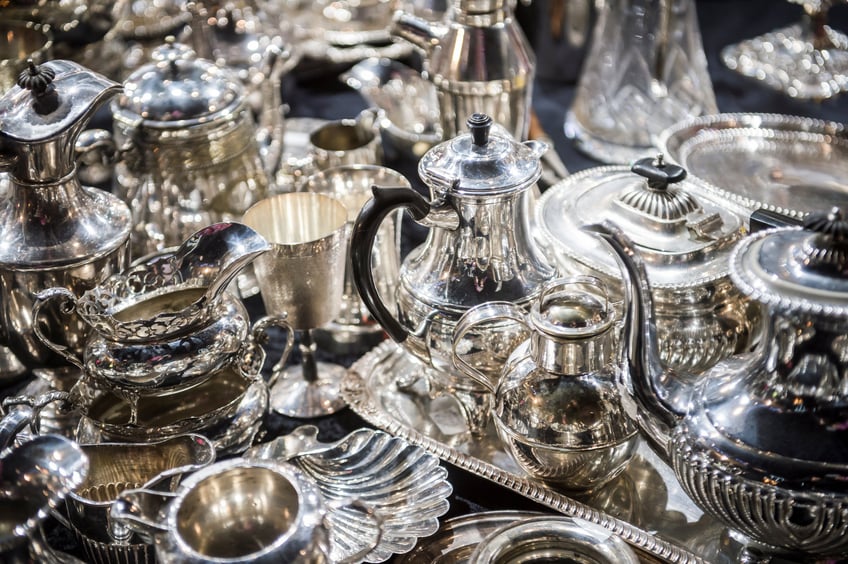
Silver has a number of reliable uses. It’s commonly found in jewellery and silver tableware, solder and brazing alloys, batteries, electrical contacts and many more household and industrial items. As silver is the best reflector of visible light known to man, it’s also frequently used to make mirrors. Because silver is both ductile and malleable, it’s a very useful metal for thousands of products.
Want to learn more about mining in Australia? Check out our article on Australia's 6 biggest mining companies.
Subscribe to the iseekplant Constructionsht blog to keep up-to-date with the latest industry and project news!



.jpg?width=600&name=ga-gov-list-of-aus-silver-mines%20(1).jpg)